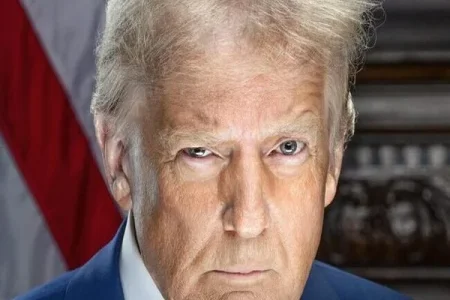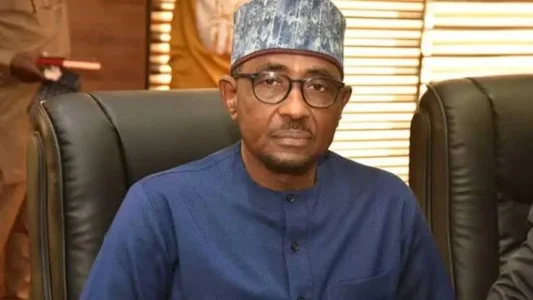
Nigeria's economy faces rising risks from Trump’s tariffs and global economic downturns, with oil price drops and stock market slumps exacerbating the situation. Experts recommend diversification, strategic trade agreements, and policy adjustments to mitigate the damage to the naira and national revenue.
Nigeria’s economy faces mounting pressure from the global consequences of President Donald Trump’s tariff policies, with experts warning of significant impacts on the country’s financial stability. A recent surge in global economic turmoil, triggered by Trump’s trade war, has sparked widespread concern about Nigeria’s ability to meet its 2025 revenue targets. The fallout has already caused sharp declines in global stock markets, with Nigerian investors losing over N659 billion on the stock exchange. Meanwhile, the naira depreciated significantly, hitting a record low against the dollar.
Experts point to the impact of declining oil prices, depreciating currencies, and the tariff-induced strain on Nigeria’s trade relations. The country’s reliance on oil exports, particularly to the U.S., has left it vulnerable as tariffs diminish earnings. Experts like Gbolade Idakolo, CEO of SD & D Capital Management, argue that Nigeria needs to diversify its trade partnerships to mitigate the fallout. The Nigerian government, however, remains optimistic. Finance Minister Wale Edun downplayed the potential impact of Trump’s tariffs, claiming that Nigeria’s oil exports to the U.S. are insulated from major effects. Despite this, analysts suggest Nigeria should explore deeper economic cooperation with other regions, including China and the European Union, to protect itself from future trade shocks.
As the global economy braces for further volatility, Nigeria must consider proactive, diversified strategies to stabilize its economy. Strengthening intra-African trade, according to experts, could also offer crucial growth opportunities, lessening Nigeria’s reliance on volatile foreign relations.




